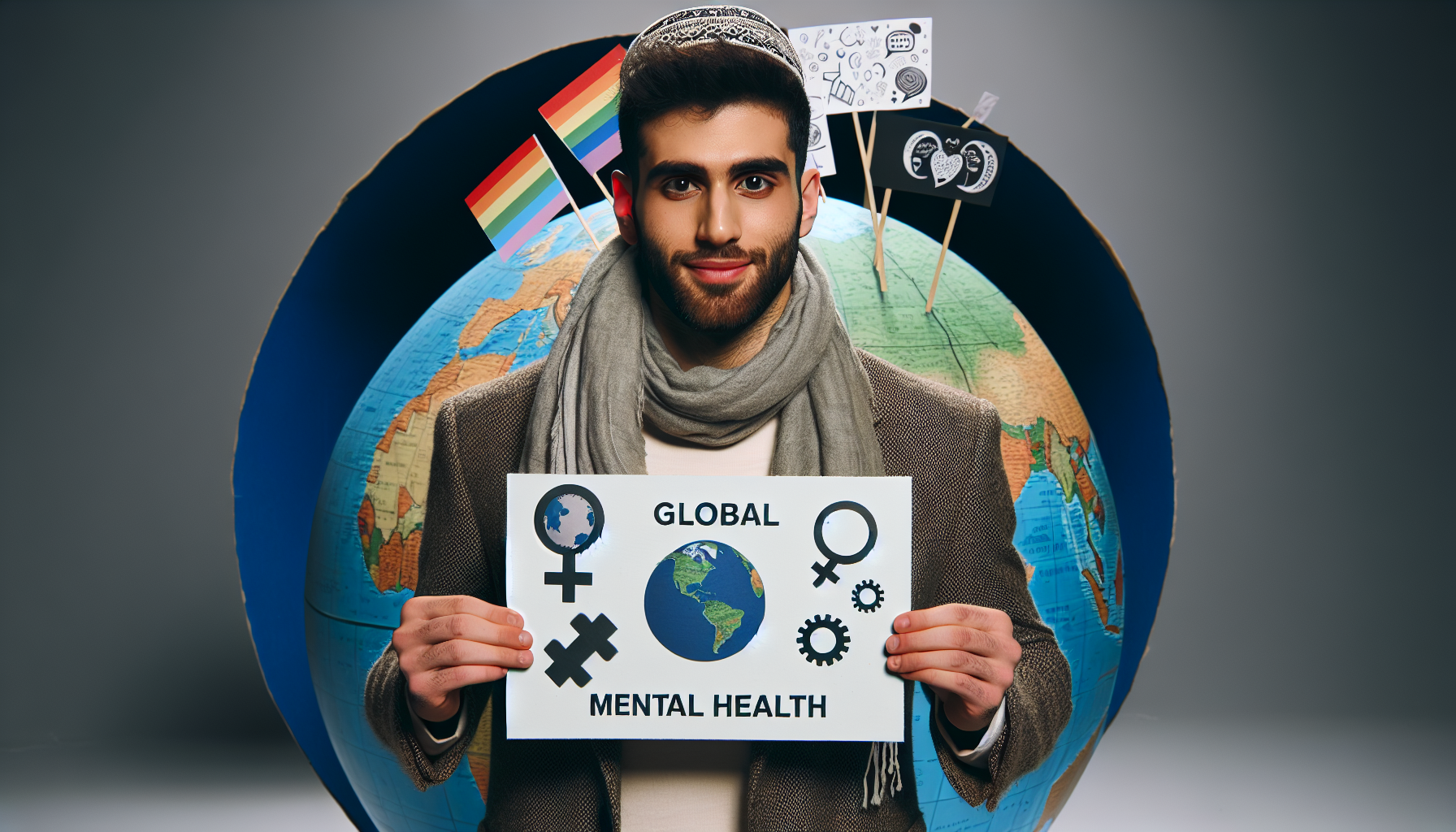Tag: Human Rights
-

Ali Raza Khan Speaks Out: Advocating for LGBTQ+ Rights in Pakistan
In a recent interview with Qlub Queer, Ali Raza Khan, a HIV-positive gay activist from Pakistan, shared his powerful story of fighting for equality and the decriminalization of LGBTQ+ people in a country where same-sex relationships are criminalized. ” Hi, my name is Ali Raza Khan and I am a HIV positive gay activist from…
-

Mental Health and Global Health
The importance of mental health in global health, particularly during a pandemic, cannot be overstated. Mental health plays a critical role in overall well-being and is intricately connected to physical health, social functioning, and the ability to cope with challenges and adversity. Here are some key reasons why mental health should be prioritized in global…
